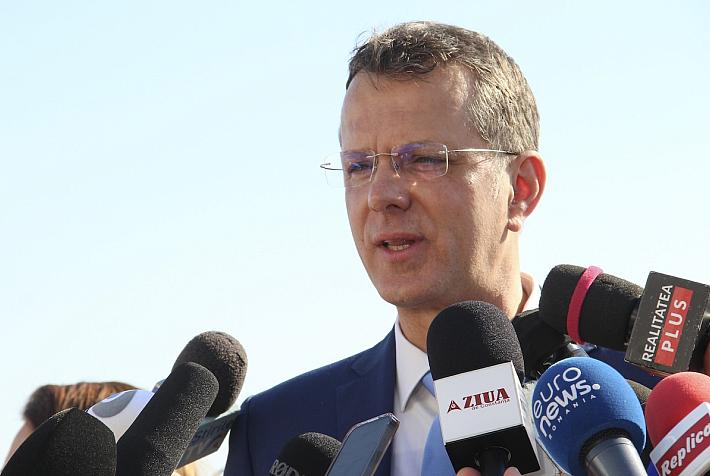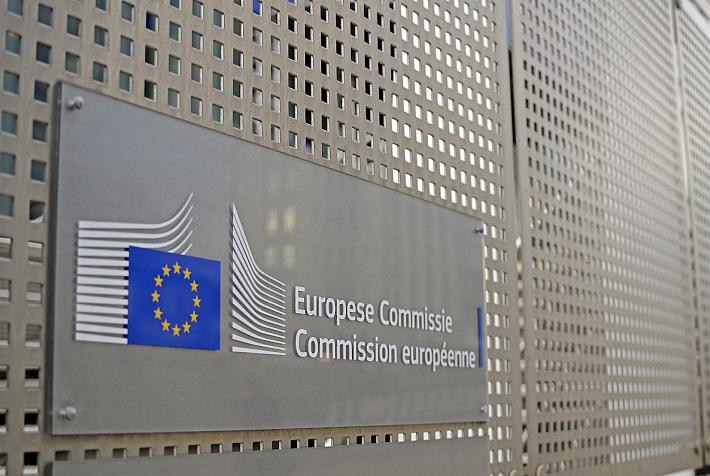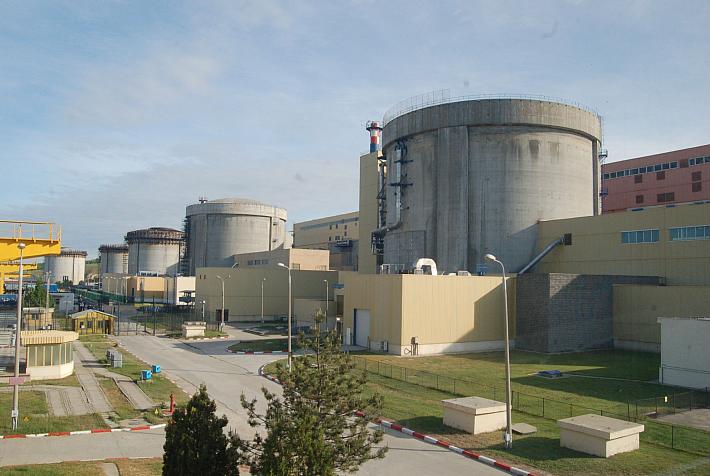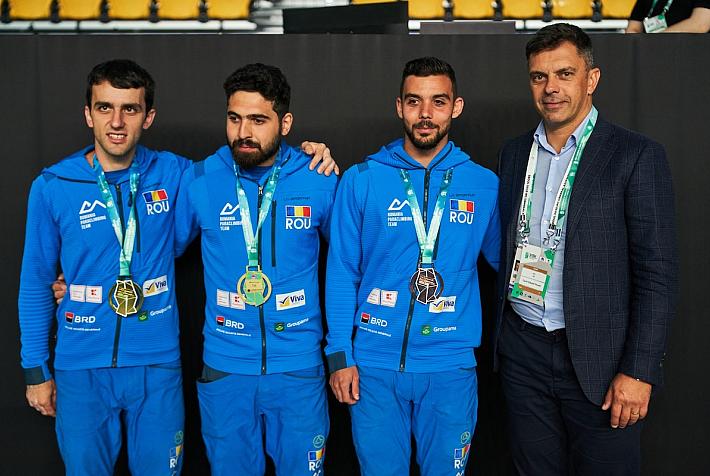US counselor's Don Quixote fight with addiction in Romania
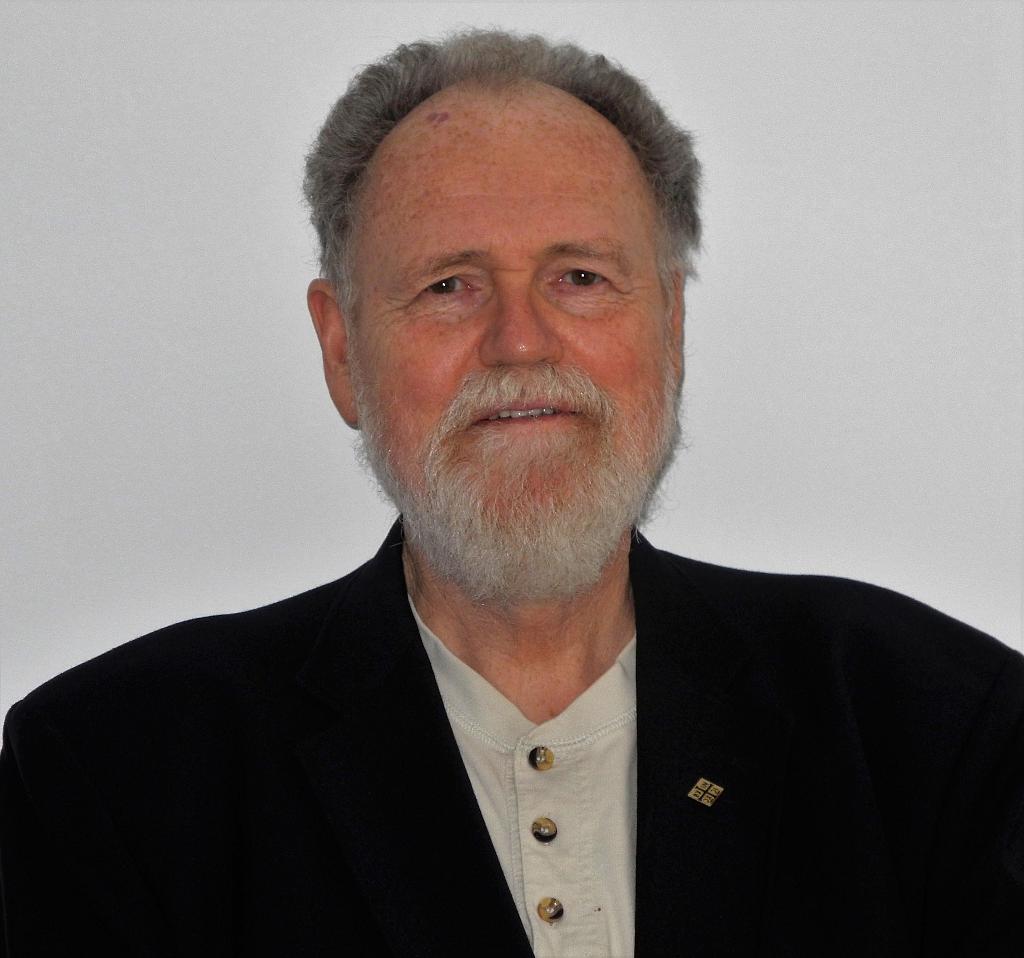
The ringing sound of an incoming Skype call breaks the silence. On the other side of the line is Floyd Frantz, an American-born professional addictions counselor, who has been developing alcoholism treatment programs in Cluj-Napoca in Central Romania since 2010.
It’s Friday morning, June 24th, and the results of the UK referendum results have just been announced. “I guess we’ll be doing the interview on a historical day,” I tell Floyd.
The Kansas-born man, now in his late 60s, laughs. “The Brits are pretty strong people. They will get through,” he replies. “And sometimes these kind of situations may seem difficult at first, but after a while things will be better, although different.”
It’s not just life experience that helps Floyd remain optimistic, the wisdom that comes with age. Floyd himself had been through the worst, and has discovered that the greatest strength comes from reaching the lowest, and learning to deal with it. He has been in recovery from alcoholism for over 30 years, and hasn’t had a drink since 1982. His decades-long work as an addictions counselor in the US, and then in Romania, has aimed at fighting the idea that addiction is a cul-de-sac, a dead-end street. During his first trips in Romania at the beginning of the 2000s, as an Orthodox Church missionary, he discovered that there were no treatment programs for alcoholism, and generally alcoholics were looked on as being a lost cause.
As a response to this, in November of 2000, he began the St. Dimitrie Program in Cluj-Napoca, in north-west Romania, with the help of the Orthodox Church in Romania. The program has a day-center and an outpatient counseling program. It delivers education concerning addictions and how to make interventions. Also, it provides the space for an AA group to meet six times a week, although the St. Dimitrie program is not affiliated to Alcoholics Anonymous.
Do good
Unlike most of the Christian Orthodox people living in Romania, who were born into this religion but have no particular relationship to the church, Floyd made a conscious choice to join the church as an adult. He is reflective towards the church and is sometimes critical.
“I am cynical about some of the people within the church, but I believe in the church,” he says. “There are bishops and there are bishops. Some get arrested, but some are living saints. But had I lost my confidence in the church, and become cynical about it, I would have never come to Romania and helped open this center.”
He pauses for a moment. Then he adds: “If we do good, then eventually the evil will be overcome. I’ve seen it happen too often in my own life and in the lives of others. Let them be corrupt. Let them be stupid. Let them be who they are. But how are we as people, how are we as individuals?”
I tell Floyd that I feel like we are all part of a network and we can’t simply look away from the evil actions of others, because they could affects us.
“I’m not saying not to protest, not to struggle,” Floyd replies. “But struggle for the good. If you fight against the evil, it’s kind of like Don Quixote fighting the windmills. Evil is very hard to fight. But if you do good, if you seek wisdom and are very honest to the point of taking a risk with yourself, then you’ll see change.”
A perfect example comes from addiction treatment, he adds.
“Imagine you've got a garden. If you only plough and pull out the weeds, very soon the weeds start growing back. You need to plant some good crops. Ploughing is not enough. We are all interconnected. All that I can change is this little space around me. That means day to day. One day at a time.”
He then explains that one of the steps in fighting addiction is acknowledging that there is a greater power than yourself and seeking help. “You have to accept that you have no control over that flower or plant. You can’t make it grow. But if I do my job right, and God helps it rain, the plant will grow.”
“What if you’re not religious?” I ask Floyd.
“It’s not about religion, but about spirituality,” Floyd answers. “It has to do with values, personal beliefs. Who am I? Who am I in relationship to this world I’m living in?”.
We're scared of being weak
Floyd started working as a professional addiction counselor at a treatment center in the US in 1989. His background is in psychology, and he has been part of an alcoholism recovery program himself. He first came to Romania in 1998 as a social assistant to help the high number of young homeless people living in Cluj-Napoca. Shortly after that, he returned to Romania to be part of a training program on addiction for educating the staff in the Romanian prisons. Back then, addiction in Romania was an unknown land of which people knew nothing.
In the US, 75-80% of the addiction treatment is done through insurance companies, says Floyd. The insurance companies realize that it’s better and cheaper to treat the alcoholism than not to treat it, because of all the medical problems that are associated with alcoholism. Addiction is still not recognized as a disease in Romania, Floyd says. “Part of the problem is that there are so little resources in the medical system that there is a lot of competition for what little money is there. Just one more handout, they are not ready to accept it.”
Addiction is also so hard to grasp, not only because it reveals a weakness in a person, and we are all scared of being weak, but because it doesn’t have substance. “It only exists around the behavior of the person that is affected by it. It’s like the eye of the storm. It’s there but it’s not really there. All the stuff that’s going around is what makes the eye of the storm. As soon as the storm stops, the eye of the storm is gone.”
“People don’t look at themselves. They live other people’s lives."
"So and so has a car and drinks so I should do the same thing. People don’t really explore their own values. Also, people don’t want to feel the shame, the guilt. And they tell themselves that it’s ok to live this way. They are grossly confused,” Floyd adds.
“They got to reach a point where they say I really need to take a hard look at myself,” Floyd says. “Maybe it’s not about the alcohol. Maybe it’s not about the gambling. Maybe it’s about me. Maybe there’s something in me that I need to change, but people don’t like to do that. Till they get to a point where the pain can’t be ignored anymore. The pain is what tells the person that they need to change.”
“If people don’t recognize the pain, they won’t change. They’ll keep trying to suppress the pain, mask the pain, cover up the pain. Because the addiction can be fun. For a while. Then it catches up.”
“So how do you fight against addiction?” I ask Floyd.
“This is another misunderstanding,” he says. “ We don’t fight against. We fight for. It’s the garden metaphor again. Keep the weeds out of the ground, but you’ve also got to plant the garden, fertilize it.”
Then Floyd adds: “This morning I got up, I’ve made a decision about my recovery today. I’ve done some reading about the recovery principles. I‘ve said my prayers. I’ve asked for God’s help. I’ve asked him to help me live today the best I can. I don’t fight against addiction anymore. I fight to be the best human being I can be. This is my struggle today.”
Towards the end of our talk, I ask Floyd if he believes that addicts are that different from the rest of the population.
“I believe that the garden metaphor applies to all of us,” he replies. “People generally will find some things to fulfill emptiness in their life. We are all looking for some kind of fulfillment. Sometimes people look in the wrong places and that’s how they get addicted. Other people get depressed. There’s a large number of anxiety diseases today. People are more fearful today because they don’t have faith in the future.” And that’s why we need to become aware of our values and actualize them in the everyday life, Floyd adds.
By Diana Mesesan, diana@romania-insider.com






